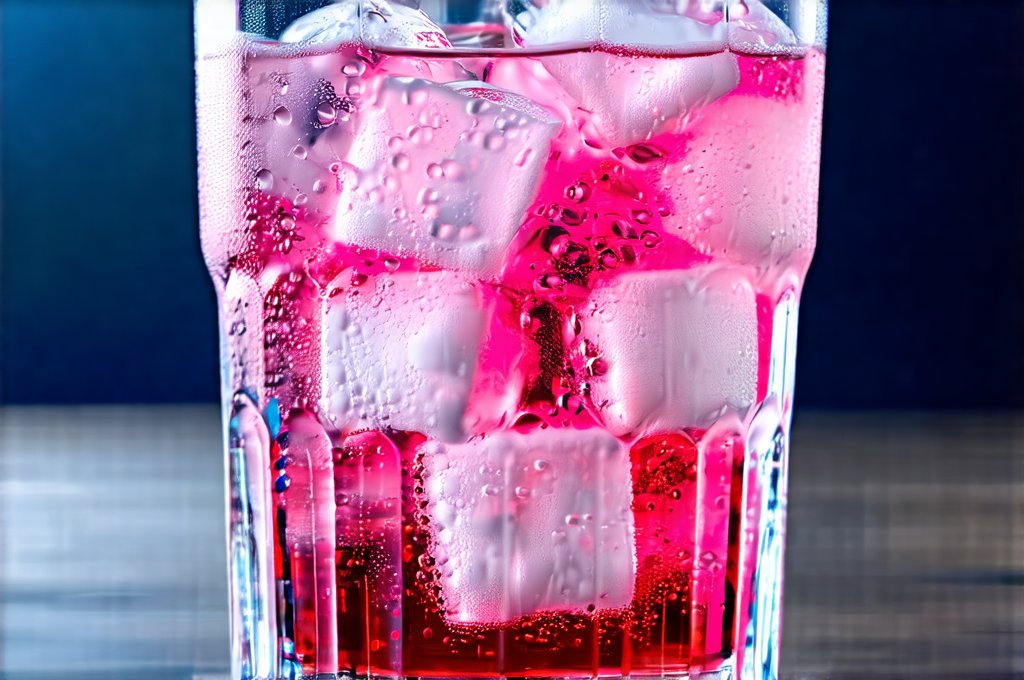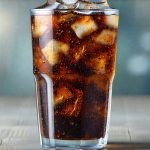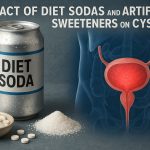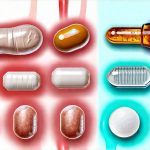Urinary pain, also known as dysuria, is a common complaint with a vast range of potential causes – from simple dehydration to more complex infections or underlying medical conditions. Many individuals experiencing this discomfort begin to explore their daily habits and dietary choices, searching for potential triggers that exacerbate their symptoms. One frequently questioned area revolves around fluid intake, specifically carbonated beverages like sparkling water, soda, and even seemingly innocuous flavored seltzers. The concern stems from the acidity of these drinks, the presence of artificial sweeteners or caffeine in some variations, and the potential impact on bladder sensitivity. It’s a natural inclination to question whether something we consume regularly could be contributing to an uncomfortable medical symptom, but the relationship between carbonated beverages and urinary pain is surprisingly complex and often misunderstood.
The focus frequently lands on soda due to its well-known high sugar content and added chemicals which can contribute to overall inflammation within the body. However, even seemingly healthy alternatives like sparkling water are now under scrutiny, as the carbonation itself has been implicated in some reports of bladder irritation. It’s important to note that individual responses vary greatly; what triggers pain for one person may have no effect on another. This article will delve into the potential mechanisms by which these beverages could contribute to urinary discomfort, explore existing research (or lack thereof), and offer a practical approach to identifying personal triggers while emphasizing the importance of seeking professional medical advice when experiencing persistent or severe symptoms. We’ll focus on understanding the nuances beyond simple cause-and-effect, acknowledging the multi-faceted nature of urinary pain. Many find relief by looking at spine and pelvic alignment for better urinary flow.
The Role of Acidity & Carbonation
The bladder is designed to be a relatively resilient organ, but its lining can be sensitive, especially in individuals with pre-existing conditions like Interstitial Cystitis (IC) or Overactive Bladder (OAB). Acidity plays a significant role here. Highly acidic foods and drinks can irritate the bladder lining, causing inflammation and contributing to dysuria – that burning sensation during urination. Sodas are notoriously acidic due to phosphoric acid and citric acid used in their formulation. Even seemingly “healthy” carbonated waters can have a surprisingly low pH, making them potentially irritating for sensitive individuals. The carbonation itself doesn’t directly cause acidity but adds another layer of complexity: the bubbles can physically irritate the bladder wall, acting as a mechanical stimulus that amplifies discomfort.
This irritation isn’t limited to IC or OAB sufferers either. Even those with healthy bladders might experience temporary discomfort after consuming large quantities of acidic or carbonated beverages. Think about how some people feel “bloated” after drinking soda; this can be partially attributed to the gas expanding in the stomach and putting pressure on surrounding organs, including the bladder. Furthermore, certain artificial sweeteners commonly found in diet sodas—like aspartame or sucralose—have been linked to increased bladder sensitivity in some individuals. It is crucial to remember that these are potential mechanisms, and more research is needed to fully understand the extent of their impact. Managing stress can also play a role; consider adaptogenic herbs for urinary and stress balance.
The effect isn’t always immediate; it can be delayed, making it difficult to pinpoint the cause. Someone might drink a soda with lunch and only experience urinary pain later in the evening, leading them to attribute the discomfort to something else entirely. This underscores the importance of careful observation and potentially keeping a detailed “bladder diary” to track fluid intake alongside symptom onset. – Tracking your diet and symptoms can help identify potential triggers. – Consider eliminating carbonated beverages for a period to see if symptoms improve. – Consult with a healthcare professional to rule out other underlying causes.
Soda, Sweeteners & Bladder Sensitivity
Beyond the acidity, the composition of soda itself raises concerns regarding bladder health. High sugar content is linked to increased inflammation throughout the body, potentially exacerbating bladder irritation. Frequent consumption can also contribute to weight gain and metabolic disorders, which are associated with an increased risk of urinary problems. However, it’s not just sugary sodas that pose a problem; diet sodas, while avoiding sugar, often contain artificial sweeteners and other additives.
Artificial sweeteners have been shown in some studies to alter the gut microbiome, potentially leading to inflammation and impacting bladder function indirectly. Some individuals report increased urinary frequency or urgency after consuming products containing aspartame or sucralose, suggesting a direct link between these sweeteners and bladder sensitivity. Caffeine, another common ingredient in many sodas, is a known diuretic – meaning it increases urine production. While this isn’t inherently harmful, frequent urination can potentially irritate the bladder lining, particularly if combined with acidity and carbonation.
The complexities of individual responses further complicate matters. Some people can tolerate soda without experiencing any issues, while others are highly sensitive to even small amounts. This variability highlights the importance of personalized approaches to dietary management. It’s also worth noting that the type of soda matters; different brands use varying levels of acidity, sweeteners, and additives. – Experiment with different types of carbonated beverages to identify potential triggers. – Read ingredient labels carefully to understand what you’re consuming. – Stay well-hydrated with water throughout the day.
Identifying Your Personal Triggers
Pinpointing whether carbonated waters or sodas are contributing to urinary pain requires a systematic approach. A bladder diary is an invaluable tool for this process. This involves meticulously recording everything you eat and drink, along with any associated symptoms (frequency of urination, urgency, pain level, etc.). Over several days or weeks, patterns may emerge that reveal correlations between specific beverages and your discomfort. The key is to be consistent and detailed in your record-keeping. Many find tracking urinary mood triggers for better control helpful too.
Another helpful technique is an elimination diet. This involves temporarily removing all potential trigger foods and drinks—including carbonated beverages, caffeine, alcohol, spicy foods, and acidic fruits—from your diet for a period of time (typically 2-4 weeks). Then, gradually reintroduce them one at a time, carefully monitoring for any symptoms. If you notice that urinary pain returns after reintroducing soda, for example, it strongly suggests that soda is a trigger for you. It’s essential to introduce only one food or drink at a time to isolate the cause accurately.
Finally, don’t underestimate the value of professional guidance. A urologist can conduct tests to rule out other underlying causes of urinary pain and provide personalized recommendations based on your specific situation. They may also suggest dietary modifications or recommend pelvic floor physical therapy if appropriate. – Seek medical advice before making significant changes to your diet. – Be patient and consistent with your tracking and elimination efforts. – Remember that everyone is different, and what works for one person may not work for another.
The Importance of Hydration & Alternatives
While identifying triggers is crucial, maintaining adequate hydration remains paramount for overall bladder health. Ironically, while some carbonated beverages can contribute to discomfort, sufficient water intake helps dilute urine, reducing its acidity and minimizing irritation. Aiming for 6-8 glasses of water per day is a general recommendation, but individual needs may vary depending on activity level and climate.
If you’re looking for alternatives to soda or sparkling water, consider infused water (water with slices of fruit or herbs), herbal teas (caffeine-free varieties), or diluted juice. These options provide hydration without the acidity, carbonation, or artificial sweeteners that can aggravate bladder symptoms. Plain water remains the gold standard, but finding enjoyable alternatives can help you stay adequately hydrated and support overall health.
When to Seek Medical Attention
It’s important to remember that urinary pain is a symptom, not a diagnosis. While dietary modifications may alleviate discomfort in some cases, they shouldn’t be used as a substitute for medical evaluation. If your urinary pain is severe, persistent, accompanied by other symptoms (such as fever, blood in urine, or back pain), or interfering with your daily life, seek professional medical attention immediately. These could indicate an underlying infection, kidney problem, or another serious condition that requires prompt treatment. A healthcare provider can accurately diagnose the cause of your urinary pain and recommend the appropriate course of action. – Do not self-diagnose or self-treat urinary pain. – Seek medical attention if symptoms are severe or persistent. – Follow your doctor’s recommendations for diagnosis and treatment.





















